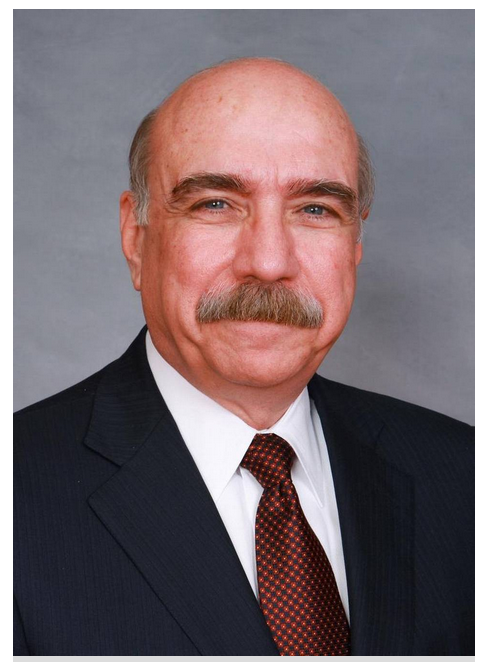That is exactly the question former Senator and current Mayor of Charlotte Dan Clodfelter answered in an opinion piece he had published in the Charlotte Observer today. He brings up a lot of very good points, and basically calls out the Senate leadership for proposing a plan for income distribution. What do you think? His opinion is below:
The new proposal by some senators for redistribution of local sales taxes and restructuring economic incentives fails a basic test of leadership – it stirs up divisions within our state rather than focusing on solutions that can unite the people. It is at odds with the realities of today’s world.
The proposed redistribution of sales tax revenues among local communities is a true “lose-lose” proposition. Raiding revenues generated in a few large urban centers and then sprinkling the money in little dribs and drabs all across smaller cities and rural areas will do nothing to address the serious economic challenges now facing those communities. At the same time, that raid on revenues will deprive the state’s major urban centers of the resources they need to remain competitive with other cities and urban regions in the United States and across the world. The proposal is a recipe for making everyone in North Carolina worse off.
Already today, and for many years past, a portion of the sales taxes generated in Mecklenburg County has been redistributed to other communities. We have long accepted that redistribution as a fair part of the price we pay to support the larger community of North Carolina. Today, some $29 million annually in local sales tax revenue generated in Mecklenburg County is redistributed to other communities. The latest Senate proposal would more than double this transfer.
The fact that a redistribution of revenues is already built into the system prompts a question legislative leaders should answer before they ask us to “double down.” Have all those dollars generated in the large urban counties and then sent elsewhere solved the issues confronting economically distressed portions of North Carolina? If not, what answer does the state offer for the stewardship of those revenues? And what assurance is there that a massive new redistribution will be used in ways that boost the economic future of North Carolina’s struggling communities? Nothing in the Senate proposal speaks to that question.
Nor does the new proposal acknowledge the fact that the robust sales taxes generated in the state’s large urban counties and cities are largely underwritten and generated by investments and expenditures made by those same cities and counties. Local taxpayers in Charlotte and Mecklenburg County have historically supported higher local sales taxes, vehicle license tag taxes, hotel and motel taxes, meals taxes, and even property taxes, understanding that a significant share of the proceeds would be reinvested in infrastructure such as roads, airports, transit services, convention centers and arenas, arts and cultural facilities and higher levels of public safety services, all in order to build an environment attractive to business expansion, relocation and job creation.
In addition, signature events that generate substantial revenues for the whole state, such as major sports competitions and national conventions, usually require local host communities to shoulder the expense of additional security, traffic and crowd control and other supplemental services. These events bring national and international attention to our state and a substantial boost to the travel and tourism economy, all increasing the state’s own tax collections. But they do not generate additional property taxes, and so local host communities frequently rely on the additional sales taxes from spending by visitors to offset the costs of providing the services. Many such events will become money-losing propositions if potential host communities must bear the costs of hosting them without offsetting revenue from local sales taxes attributable to the events. If potential host communities decide that without those sales tax collections they are unwilling to pay the costs from local property tax dollars, how then will that make the state or any of its local communities, urban or rural, better off? How will a major sports event choosing Orlando over Charlotte benefit anyone in rural North Carolina?
Turning to the allocation of state economic development incentives, the new proposal tilts the playing field heavily against high growth communities, such as Charlotte and Mecklenburg County. It seems to rest on the premise that if development incentives are sweetened for rural communities and are suppressed for urban ones, then companies such as Metlife or AvidXchange or Sealed Air Corporation, to name just a few recent additions to North Carolina’s economy, will choose instead to locate in rural areas. This is fantasy. All that will happen is that those companies, faced with many good choices, will instead select Denver, or Kansas City, or Austin. Once again, all North Carolina will be the poorer for it.
The Senate’s new idea is a very strange path to prosperity indeed. The visionary leaders in government and business who built today’s North Carolina would certainly never recognize it.



